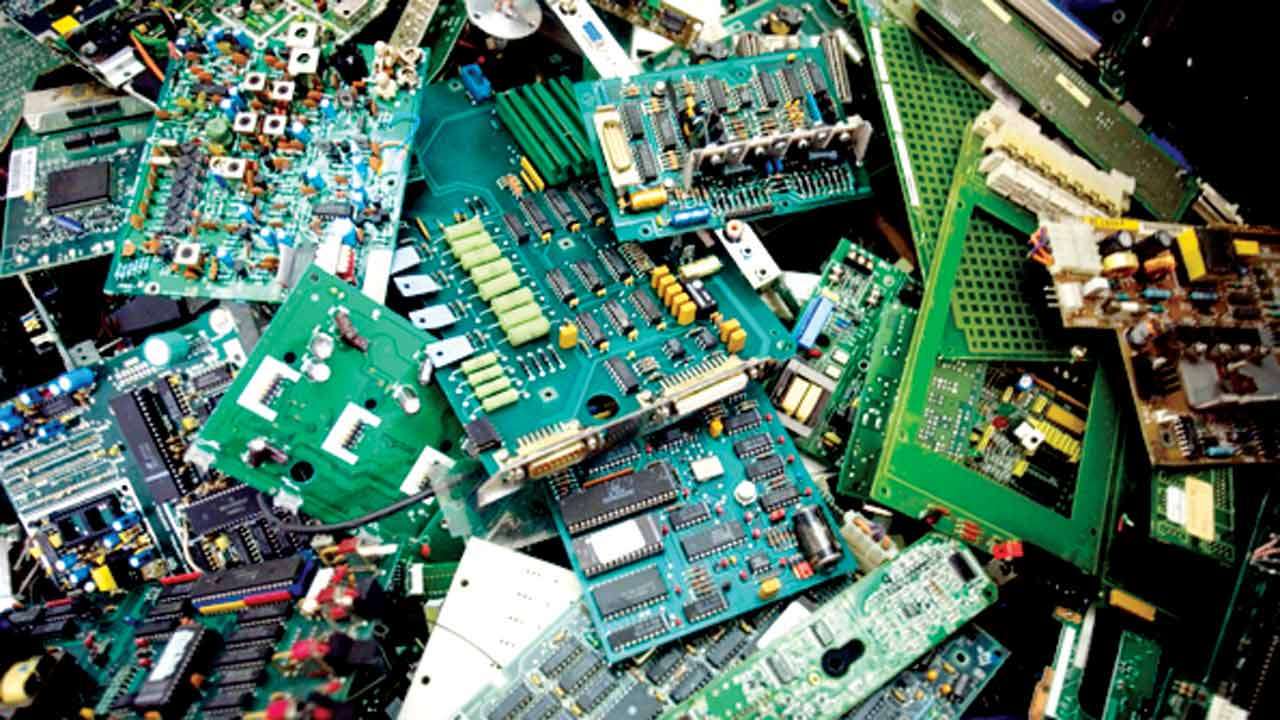Togo transforms junk to robots
December 1, 2018 | Expert Insights

Togolese innovators are turning the world's junk into robots, mostly from discarded electronic waste.
Health hazards remain the primary concern for local innovators who lack the facilities to properly treat the toxic e-waste.
Background
Electronic waste or e-waste describes discarded electrical or electronic devices. Used electronics which are destined for reuse, resale, salvage, recycling, or disposal are also considered e-waste. Informal processing of e-waste in developing countries can lead to adverse human health effects and environmental pollution.
Electronic scrap components, such as CPUs, contain potentially harmful materials such as lead, cadmium, beryllium, or brominated flame retardants. Recycling and disposal of e-waste may involve significant risk to the health of workers and communities in developed countries and great care must be taken to avoid unsafe exposure in recycling operations and leaking of materials such as heavy metals from landfills and incinerator ashes.
Recycling is an essential element of e-waste management. Properly carried out, it should reduce the leakage of toxic materials into the environment and mitigate the exhaustion of natural resources. However, it does need to be encouraged by local authorities and through community education.
Analysis
Togo imports an estimated 500,000 tonnes of e-waste a year, some of it can be a health hazard, but it also inspires local innovators and provides jobs. The import of discarded or refused e-waste is also a symbol of the digital revolution brewing in one of West Africa's smallest countries.
Local environmental body E-Waste Centre estimates that 500,000 tonnes come into the country every year. In a country with limited job opportunities for its young people, there is huge potential for this industry. Innovators and entrepreneurs alike are trying to come up with solutions that harness that potential and mitigate the dangers.
Only 41 countries in the world, most of them European, collect statistics on e-waste, according to The Global E-waste Monitor report. In 2016 people around the world generated about 44 million tonnes of electronic waste, the report said.
Old mobile phones, laptops, TVs and generators jammed inside vans and lorries form part of what comes through Lomé's port. The vehicles are opened up at a market next door to the port and the buyers gather round.
The rising demand for technology has created a market for people who want to buy second-hand electronics at bargain prices
However, it is not just demanding for these products that are encouraging their arrival. It is also the inadequate recycling available in richer countries. Organizations such as the Basel Action Network are raising concerns that Western countries are simply not handling their own electronic waste effectively, leaving it destined to end up on cargo ships bound for West Africa, among other places.
"The world does not know what to do with the e-waste that it is producing. Africa offers the best environment for dumping," says activist Sena Alouka from Youth for the Environment Togo. "We have a weak regulatory framework, weak institutions and corruption also aids in the movement of e-waste. We need to emulate Thailand who threatened to use her military to ban the import of electronic waste."
While it is not against international law to export used goods to other countries, the problem comes about if these goods no longer work as outlined by treaties such as the Basel and Bamako conventions.
The Bamako convention, which came into force in 1998, commits African nations to ban the importation of hazardous waste, including radioactive material.
Assessment
Our assessment is that Togo is making the best from waste and is generating employment and income for its citizens. We believe that Togo must implement stricter regulations in order to protect workers who deal with e-waste.








Comments